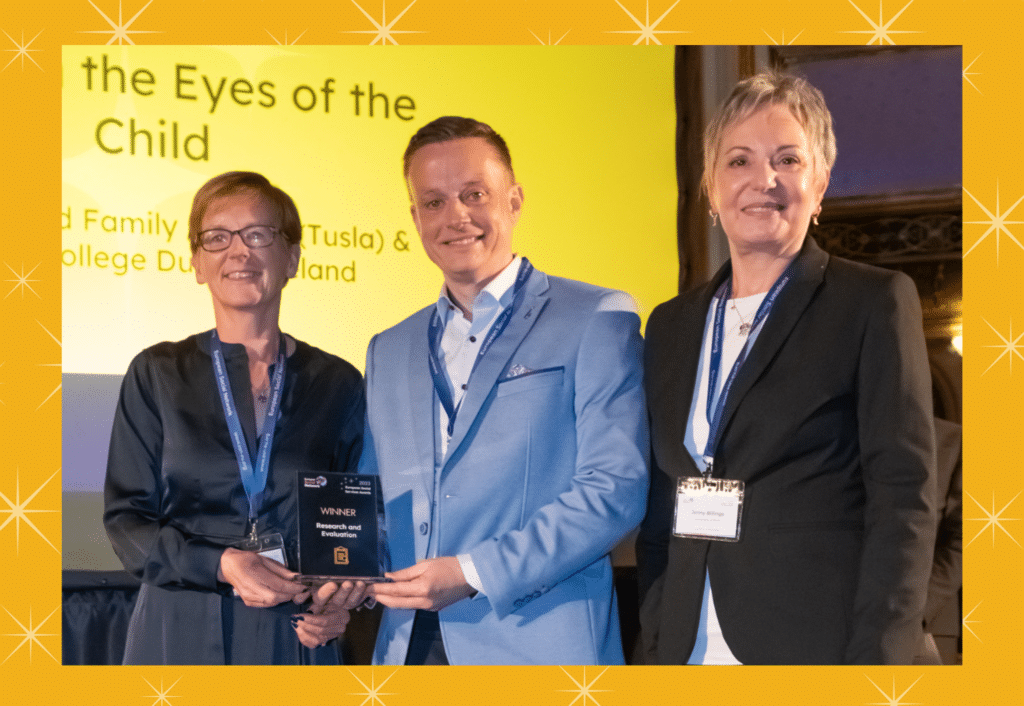Developing and implementing inclusive community-led solutions to social problems can only come with a proper understanding on how they arise. In order to convince decision-makers to take a bottom-up localised approach, researchers need to provide the evidence and data to back it up. This Award honours research that contributed to the development of evidence-based inclusive community and neighbourhood services and programmes.
Specific examples of applications may include research projects, evaluations, return on investment studies, or cost benefit analyses on:
- The concept and topic of inclusive community & neighbourhood approaches;
- Social planning and design approaches;
- Self-governing teams;
- Intergenerational community approaches;
- Age friendly community approaches;
- Social regeneration of communities and neighbourhoods;
- Community-led social services programmes for vulnerable communities;
- Co-producing programmes in the community with persons using services;
- Integrated community social models that target and support vulnerable populations.
Winner of the 2023 Research and Evaluation Award
Through the eyes of the child
Organisation: The Child and Family Agency (Tusla) & Trinity College Dublin
Country: Ireland
Website: https://www.tusla.ie/

Internationally, relatively few examples of research exist that represent the authentic voice of the child in the child protection system. This research carried out by the School of Social Work & Social Policy, Trinity College Dublin on behalf of the Child and Family Agency (Tusla) in Ireland aimed to address this gap by conducting an informed consultation process with 20 children aged 10-17 years. The study focused on gaining an understanding of children’s experiences but also went beyond that to understand, from the child’s perspective, what contributed to these experiences and employed qualitative methods, involving semi-structured individual interviews. The findings of the research led to the introduction of staff trainings and a commitment that key recommendations agreed with the children and their families would be used to inform future policy and research work.
